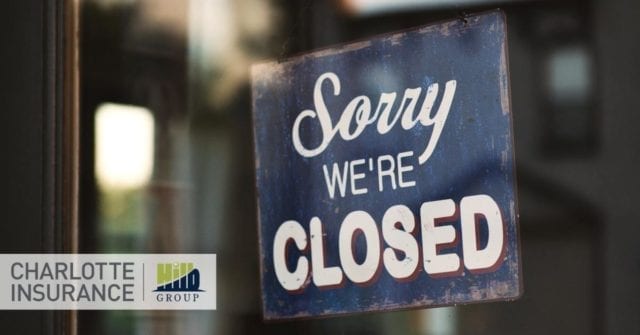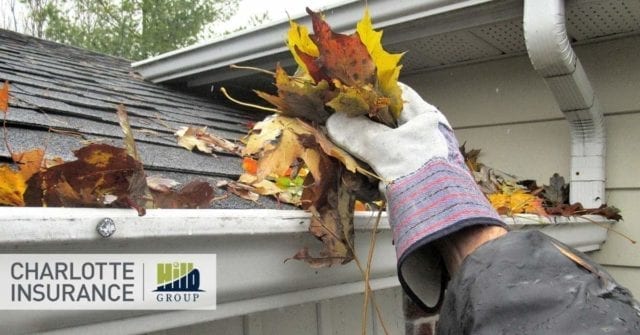Your wedding is one of the biggest, most important days of your life. It’s also one of the most expensive. The planning process is stressful because you want it to be perfect. Despite your best efforts, things can and do go wrong. Protect yourself, your soon-to-be spouse, and your guests with wedding insurance.
What is Wedding Insurance?
Wedding insurance policies protect a couple’s financial investments in the wedding – and the big day itself – from circumstances beyond their control. When necessary, it reimburses the expenses they’ve incurred and helps them pay to replace or repair what might have been lost.
Consider these examples:
- The photographer cancels at the last minute, and you need to book a new one at premium prices.
- Your venue goes out of business a few weeks before your wedding and doesn’t refund the deposit.
- Your dress is damaged the day of the wedding.
- A hurricane is headed straight for your beach wedding and you need to postpone it and move it to a new location.
With the right wedding insurance policy, you’re covered. Not only do you not have to lose the money you spent, and you can still have the wedding of your dreams, even if there is a delay.
How Much Does Wedding Insurance Cost?
The cost of a wedding insurance policy depends on how much coverage you need and what you want included. A basic policy can cost anywhere from $155 to $550 for the entire wedding. That’s a one-time cost, and it’s often based on your wedding budget. If you plan to spend $10,000 on your wedding, you want at least that much wedding insurance coverage.
What Does Wedding Insurance Cover?
A basic wedding insurance policy offers important coverage and may be enough for simple weddings:
- Venue cancellation due to damage or inaccessibility
- Weather: postponement, cancellation, or damage caused by storms
- Vendor no-show
- Sickness or injury in the bridal party
- Military or job transfers for people in the bridal party
You can opt for additional coverage that’s more robust and gives you more peace of mind.
- Photography/videography: This includes replacement of damaged pictures, negatives, or recordings, including paying to re-stage events.
- Gifts: Lost, stolen, or damaged non-monetary gifts may be replaced or repaired. Stolen items usually require a police report.
- Attire: This includes the bridal gown, tuxedos, and other special attire that’s damaged, lost, or stolen.
- Personal liability and medical coverage: If during the wedding someone is hurt or suffers damage to their personal property, this coverage pays for their damages and medical expenses.
- Honeymoon: Consider this a form of travel insurance.
The best time to purchase wedding insurance is before you’ve paid the first deposit. Some carriers have limits on how far in advance you can purchase wedding insurance, though, so it’s important to plan for this. Once you have it, you and your wedding are protected.
Engaged and planning the big day? Contact Charlotte Insurance to learn more about your wedding insurance options and for a free quote!








